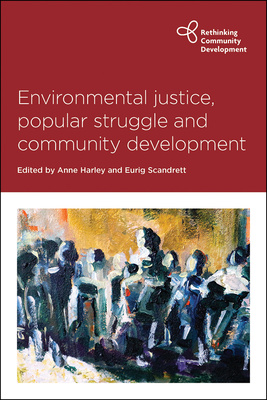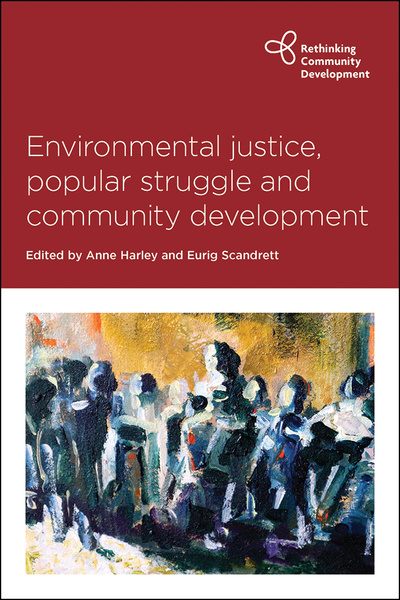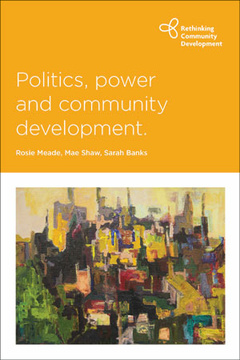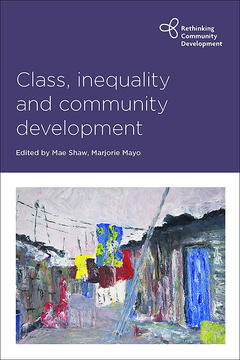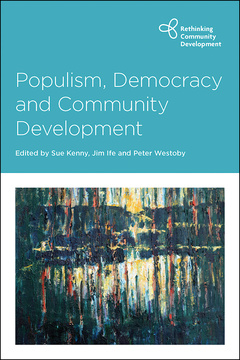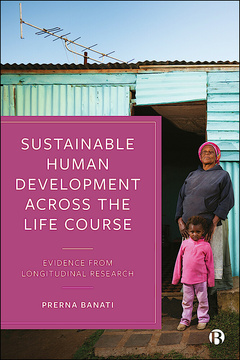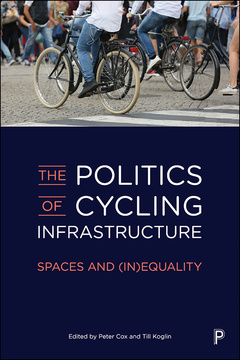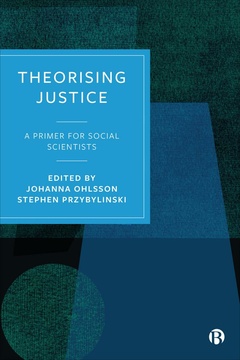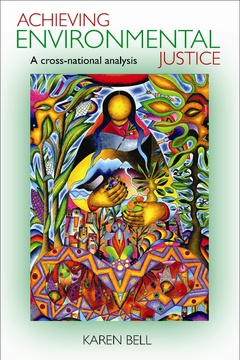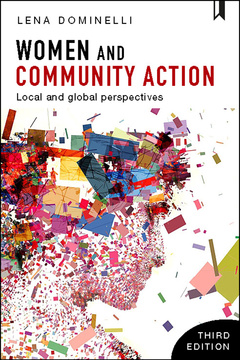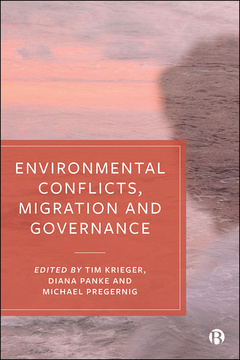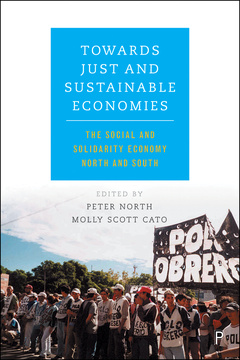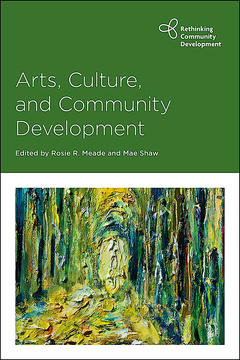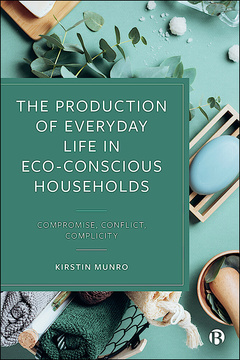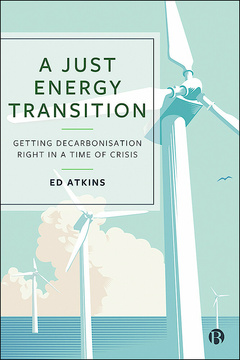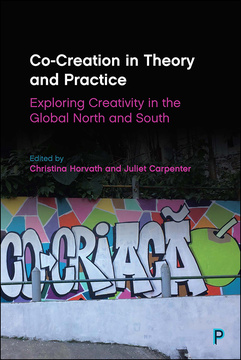Environmental Justice, Popular Struggle and Community Development
Edited by Anne Harley and Eurig Scandrett
ISBN
978-1447350859Dimensions
234 x 156 mmImprint
Policy PressISBN
978-1447350835Dimensions
234 x 156 mmImprint
Policy PressISBN
978-1447350866Imprint
Policy PressISBN
978-1447350873Imprint
Policy PressStruggles for environmental justice involve communities mobilising against powerful forces which advocate ‘development’, driven increasingly by neoliberal imperatives. In doing so, communities face questions about their alliances with other groups, working with outsiders and issues of class, race, ethnicity, gender, worker/community and settler/indigenous relationships.
Written by a wide range of international scholars and activists, contributors explore these dynamics and the opportunities for agency and solidarity. They critique the practice of community development professionals, academics, trade union organisers, social movements and activists and inform those engaged in the pursuit of justice as community, development and environment interact.
“Riveting accounts of struggles from below for environmental justice, drawn from different continents and countries, some successful and some not, for genuine community development as a process which generates solidarity and collective agency.” Jim Crowther, Honorary Fellow, University of Edinburgh
Anne Harley is a Lecturer in Adult education and development at the University of KwaZulu-Natal, South Africa. Previously, she undertook research for the National Land Commission, and the Black Sash. Anne also heads up the Paulo Freire project in the Adult Education discipline.
Eurig Scandrett is a Senior Lecturer in Public Sociology at Queen Margaret University, Scotland and a trade union representative with University and College Union. He previously worked in environmental biology, community work, adult education and was Head of Community Action at Friends of the Earth Scotland.
Chapter 1: Community, development and popular struggles for environmental justice; Anne Harley and Eurig Scandrett
Chapter 2: Resisting Shell in Ireland: making and remaking alliances between communities, movements and activists; Hilary Darcy and Laurence
Cox
Chapter 3: ‘No tenemos armas pero tenemos dignidad’: learning from the civic strike in Buenaventura, Colombia; Patrick Kane with Berenice Celeita
Chapter 4: No pollution and no Roma in my backyard: class and race in framing local activism in Laborov, Eastern Slovakia; Richard Filčák and Daniel Škobla
Chapter 5: Tackling waste in Scotland: incineration, business and politics vs community activism; Jennifer Mackay
Chapter 6: An unfractured line: an academic tale of self-reflective social movement learning in the Nova Scotia anti-fracking movement; Jonathan Langdon
Chapter 7: ‘Mines come to bring poverty’: extractive industry in the life of the people in KwaZulu-Natal, South Africa; Mark Butler
Chapter 8: Ecological Justice for Palestine; Simon I. Awad
Chapter 9: Learning and teaching: reflections on an environmental justice school for activists in South Africa; Bobby Peek and Jeanne Prinsloo
Chapter 10: The environment as a site of struggle against settler-colonisation in Palestine; Abeer al-Butmeh, Zayneb al-Shalalfeh and Mahmoud Zwahre with Eurig Scandrett
Chapter 11: Communities resisting environmental injustice in India: philanthrocapitalism and incorporation of people’s movements; Eurig Scandrett, Dharmesh Shah and Shweta Narayan
Chapter 12: Grassroots struggles to protect occupational and environmental health; Kathy Jenkins and Sara Marsden
Conclusion; Anne Harley and Eurig Scandrett







